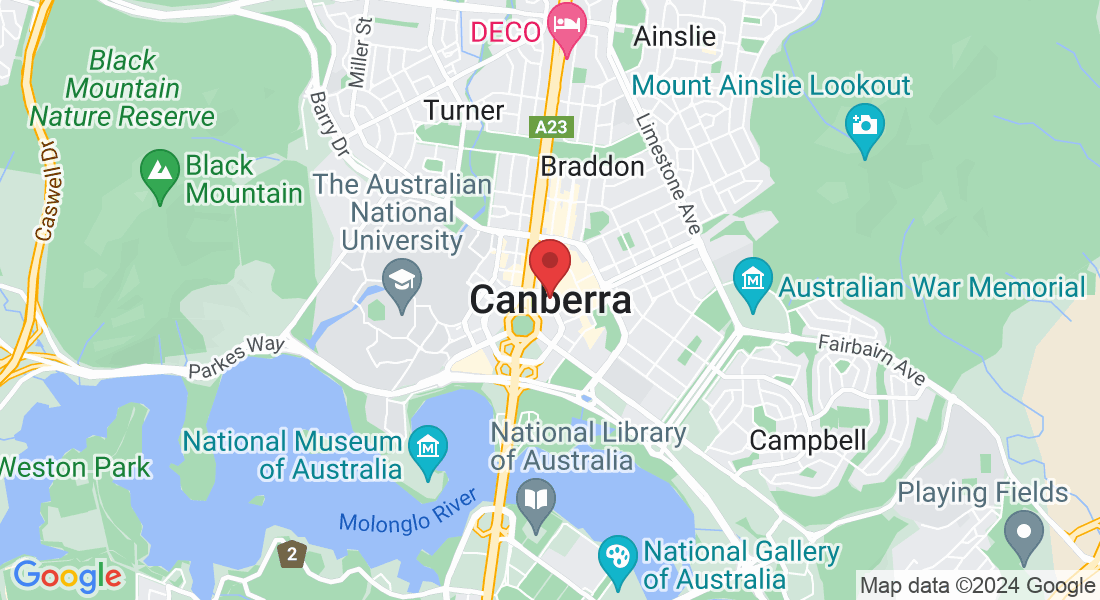Bilingual Schools Australia
Advancing education through bilingual programmes


About Us
Bilingual Schools Australia emerged as a mission from a mum wanting to provide her children with bilingual education in Canberra, in Spanish and English.
With a background in teaching modern languages, Cris Wright decided to devote her career to the foundation of new bilingual programmes in the ACT, to supplement the current offer of bilingual education in French, Chinese and Italian.
As part of this initiative, she submitted a proposal to the ACT Directorate, with the objective of forming a partnership with the local government to offer different bilingual strands through the ACT. Although the proposal received positive recognition, the Directorate reiterated that the uptake of such programmes depends on each school's principal. To date, there have been no schools to take up the offer, despite the interest that families show in this sort of education for their children.
Read about the model below.

6412
Children from non English backgrounds in Australia

5714
Speak more than one language

3654
Non-native English
speakers in Canberra

Infinite
Benefits of being bilingual
Current Projects
A beautiful, homelike environment.
We provide children with the opportunity to cement their knowledge of Spanish and English while travelling through their early years. We offer a holistic approach to education with experiences planned with
the children at the centre of our program.
Spanish Australian Preschool
It is our dream to be able to offer bilingual education to our children throughout the entire continuum of school. As such, we are preparing the application for a new school in the ACT. Our timeline will be available here once it's finalised, and contact us if you know of a place where we could get started!
Spanish Australian Primary School
The Bilingual Programme
A model for every school.
With the support of the ACT Hispanic Parents and Citizens Association Inc.

Objective

Model

Execution
Why bilingual education
Bilingual education offers several advantages that go beyond acquiring an additional language. These positively impact cognition and the executive function, which result in more empathic, creative and culturally aware adults. While the extent to which these benefits impact each person depends on individual circumstances, it can be said that the benefits outweigh the sacrifices.

Cognitive enhancement
cognitive flexibility, problem-solving skills, and creativity by engaging different language systems.
Academic advantages
Bilingual students often show improved academic performance in various subjects, as learning a second language can improve overall brain function.
Cultural awareness
It fosters cultural sensitivity and understanding, preparing children with the necessary leadership skills for success in a globalized world.
Social skills
It encourages better communication skills and adaptability in diverse social situations.

Career opportunities
Bilingualism can open doors to a wider range of career opportunities in an increasingly interconnected world.
Sense of belonging
Language Preservation, plays a critical role in the development of identity. When bilingual education includes a minority or heritage language, it reinforces a sense of cultural identity and belonging for children. For children with a monolingual background, they too can experience a broadening of their cultural identity. This learning process exposes them to different cultures, traditions, and perspectives, fostering a greater understanding and appreciation of diversity. As they become proficient in a new language, these children often develop a deeper connection with the culture associated with that language, which enriches their own identity. This expanded worldview can lead to increased empathy, tolerance, and the ability to communicate and connect with a wider range of people.
In the spirit of reconciliation Bilingual Schools Australia acknowledges the Traditional Custodians of Country throughout Australia and their connections to land, sea and community. We pay our respect to their Elders past and present and extend that respect to all Aboriginal and Torres Strait Islander peoples today.
Dhawura Nguna Dhawura Ngunnawal.







